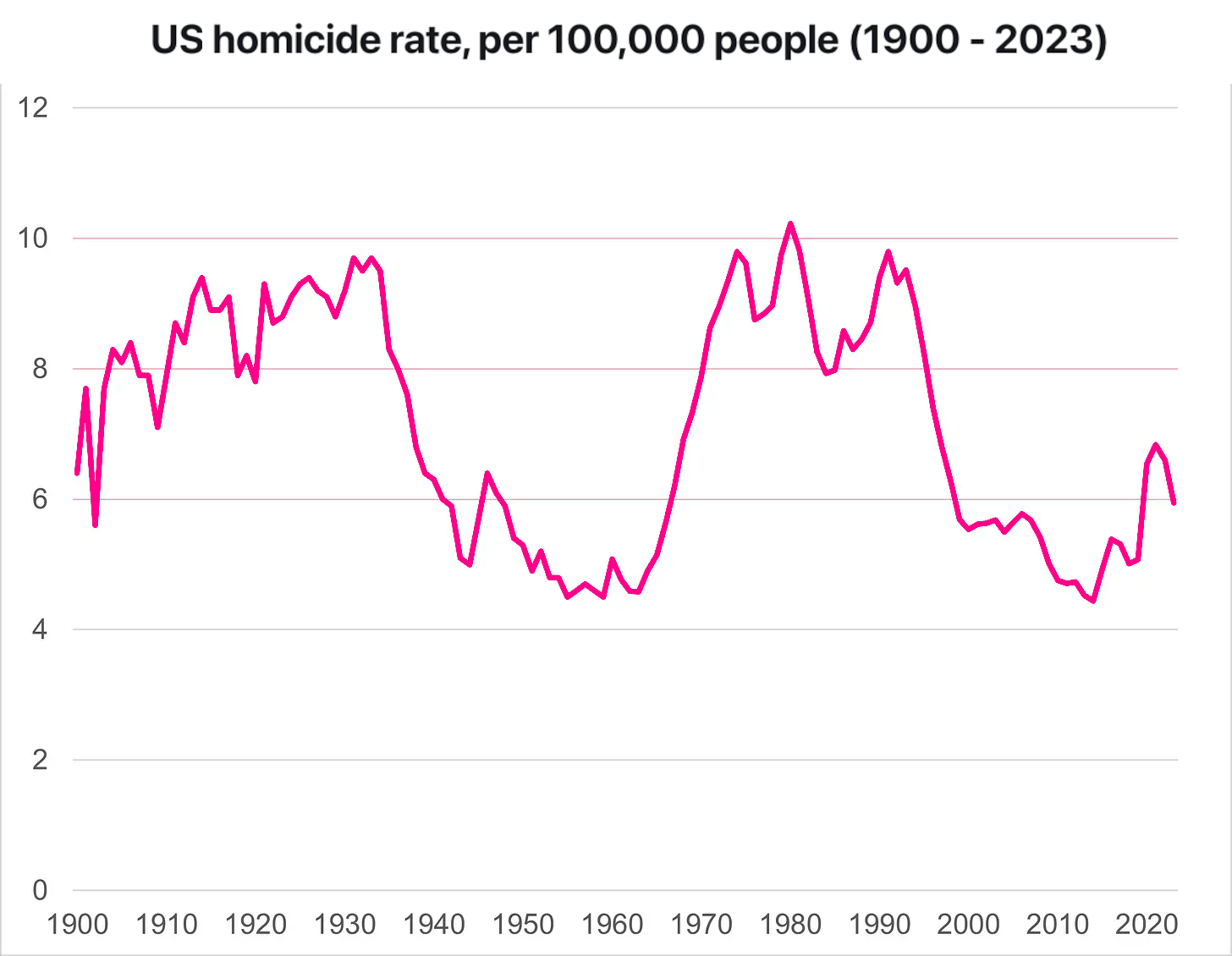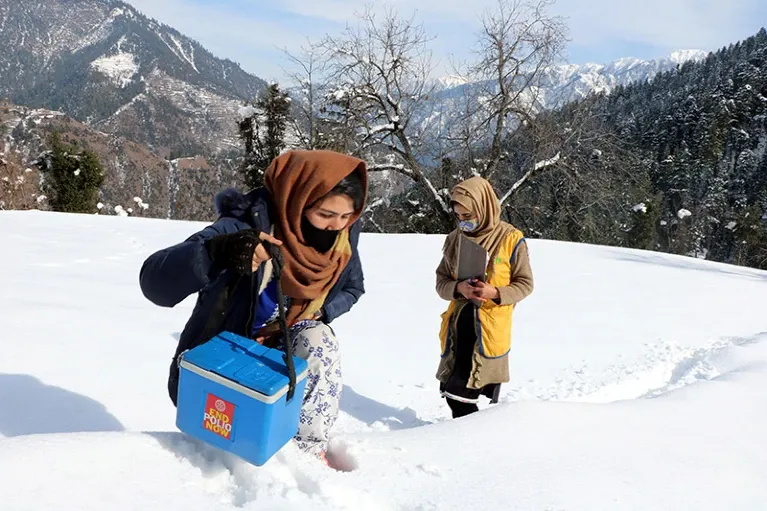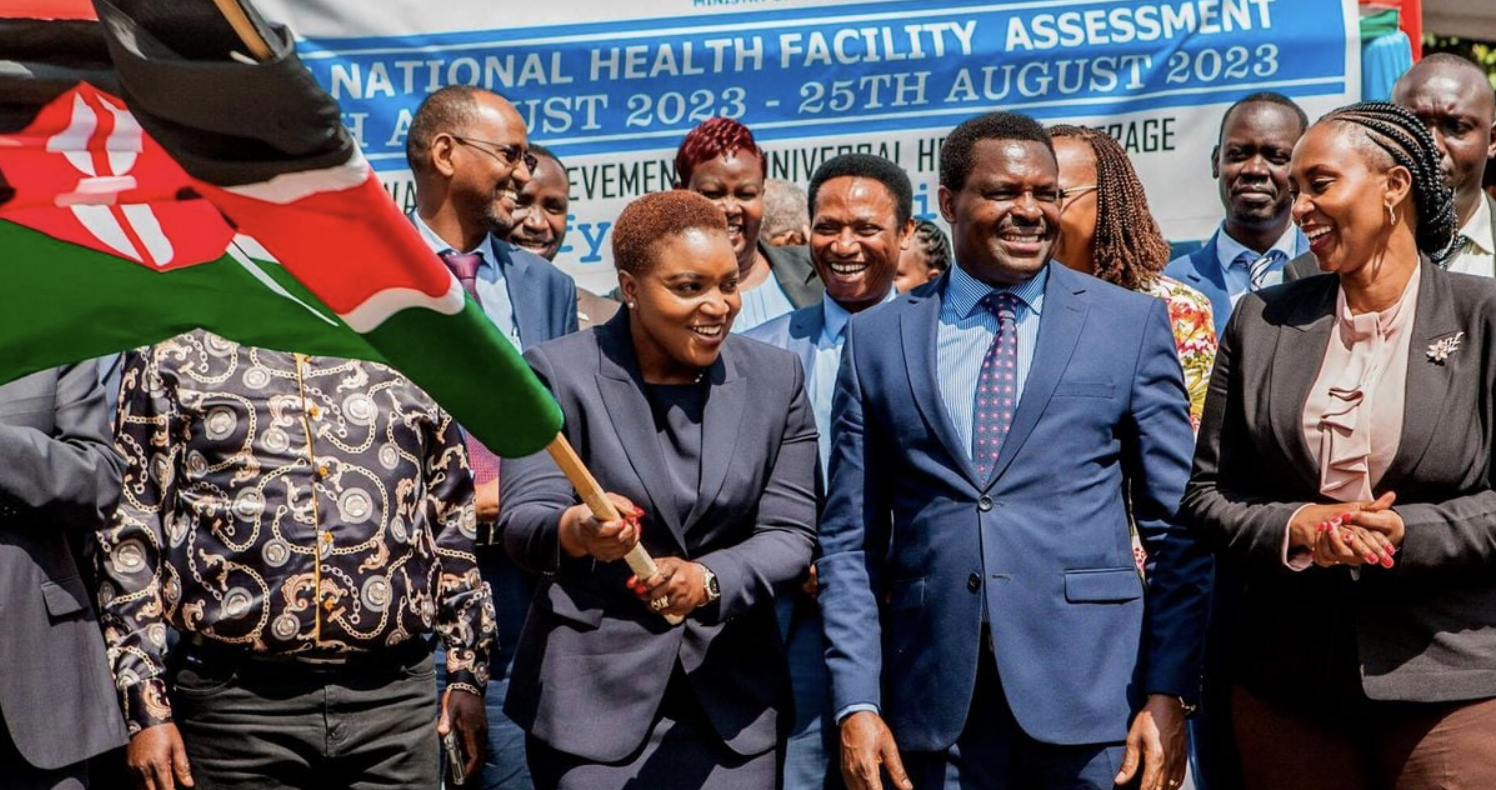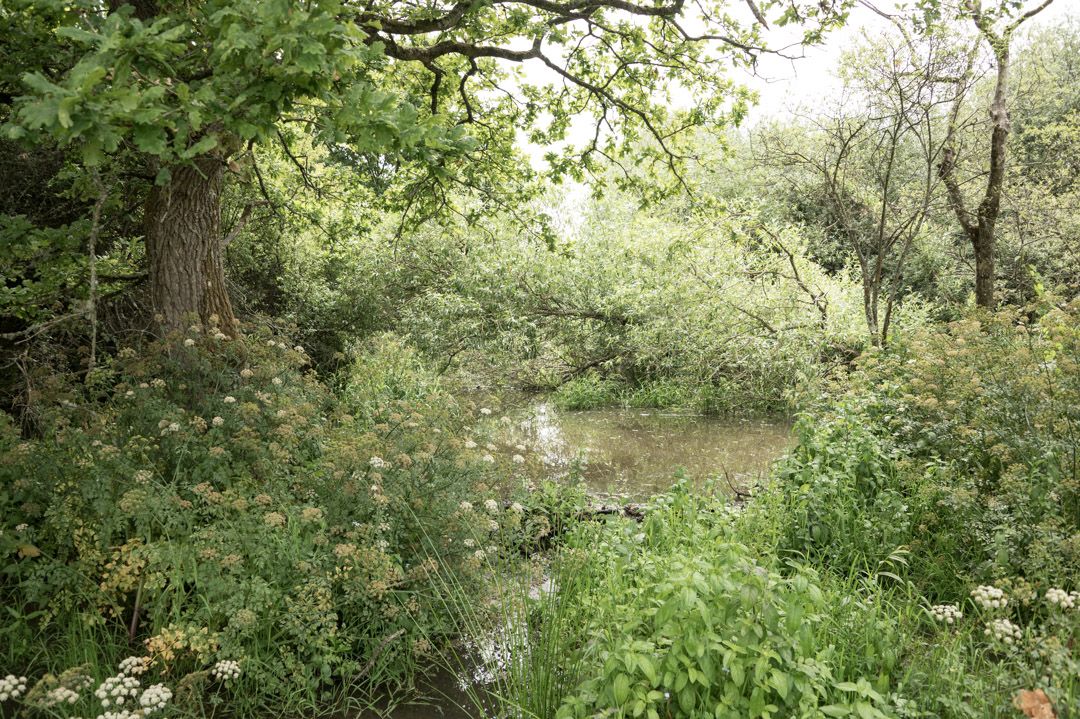A fortnight ago we picked a random selection of headlines from the top ten news sites in the world. The result was a visual assault, an information dump of the very worst sides of humanity, breathlessly described in the most lurid terms possible. Our conclusion? News sites should come with a health warning attached. A day later, this is what the Washington Post published in a newsletter called The Optimist.

We're very happy Vanessa found a home too, but seriously? This was the most inspiring thing one of the world's most respected newspapers was able to find in the same week that Iraq eliminated trachoma, the UN announced a 10% increase in global wet-nursing rates, Gabon signed a massive debt-for-nature deal, the US government protected a million acres around the Grand Canyon, and Brazil announced further falls in deforestation in the Amazon.
The message to readers is "the world is falling apart, and we looked everywhere for something to balance it out but all we could find was this story about an old dog." The Optimist? More like The Abandon Hope All Ye Who Enter Here. That's the problem with good news. It's always fluff pieces. They're not hopeful, they're depressing. Someone should tell the Washington Post that it's not just democracy that dies in darkness, it's hope that dies too. Journalists should do better. If this newsletter can find 40 stories of progress every week with just one person, imagine what a proper newsroom with actual resources could do?
Good news you didn't hear about
School feeding programs have become some of the largest and most widespread social safety nets in the world, and more children now have access than ever before. The number of children benefitting from school meals worldwide is now 418 million, 30 million more than the 388 million reached before the pandemic in early 2020. World Food Programme
Oxford researchers have successfully tested a new malaria vaccine, known as RH5, which targets a different stage of the malaria parasite’s lifecycle than the RTS,S and R21 vaccines (we've covered those here before). A trial of 63 people in Tanzania showed a strong immune response in young children, suggesting this vaccine could work as a second line of defence. Ars Technica
Jeff Asher says US murder rates in 2023 are down nearly 13% in 114 cities with available data, and on track to fall this year at a level not seen in decades (if at all). This story is slowly getting some traction—here's the WSJ: 'While murders increased significantly in 2020 and 2021, other violent crimes declined. And since murders are waning in 2023, the chances of a long-term upswing in crime look slim.'

The US government has invested billions of dollars into creating a more inclusive, accessible, and equitable country for the 61 million individuals with disabilities in America. Now, on the 33rd anniversary of the American with Disabilities Act, it's proposing a new rule to make online access to state and local services easier for people with vision, hearing, cognitive, and manual dexterity disabilities.
Massachusetts has made its free lunch program permanent, paid for by proceeds from a new state tax on millionaires. A 4% tax on the state's wealthiest residents, approved by voters last year, will raise $1 billion, and a portion of those funds will be used to provide all public school students with free weekday meals. Progressive. Food Tank
Did you know that the global price of wheat is now lower than it was before Russia invaded Ukraine? Did you know that the EU has reached its target of filling 90% of gas storage facilities 70 days ahead of schedule? Did you know that the counter-offensive against Russia by Ukrainian forces is going a lot better than most media outlets are reporting?
Cambodia just completed a five-year project to improve high school education. It reached almost half a million students, built 30 new schools, constructed or renovated 832 classrooms, installed 276 laboratories or subject learning facilities, and upgraded the qualifications of 2,948 teachers and school leaders. World Bank
Could 2023 be the year that humanity stops polio? Pakistan has reported just two wild polio cases this year; Afghanistan, five. The virus appears to be cornered—transmission is now restricted to just seven districts in Pakistan and two provinces in eastern Afghanistan. 'We’ve never seen what we’re seeing now.' Nature

Maputo, the capital of Mozambique, has recently completed a major upgrade to its water system. It has constructed a new water treatment plant on a second river, increasing the volume of treated water by one-third; built a 95 km pipeline to bring that water to the city; and installed hundreds of thousands of new connections to supply households and communities along the line.
When we started the project in 2015, we provided water to around 800,000 people. Today, we increased the distribution to 1.7 million people and expanded the network to several neighborhoods previously without access.
Victor Tauacale, Director, Mozambique Water Asset Holder and Investment Fund
Kenya looks increasingly like it could become an anchor for broader progress in East Africa. Last year it conducted peaceful and democratic elections, 87% of the population now has access to the internet, electricity access has increased from 32% of households in 2013 to 75% in 2022, and the grid is already over 80% renewable. Bloomberg
The last decade has also seen significant progress in healthcare. The percentage of mothers who deliver under skilled care in Kenya is now 89%, compared to 66% in 2013, resulting in a dramatic decline in maternal and child mortality rates. During the same period, under-five mortality fell from 52 to 41 per 1,000 births, and infant mortality from 39 to 32 per 1,000 births. Nation

Even more good news you didn't hear about
The number of human beings without access to electricity has fallen from 1.1 billion in 2010 to 675 million today. Millions of people are about to gain access to a lifesaving medicine for drug-resistant tuberculosis. The US government is spending a staggering $3.5 billion to repair communities through pedestrian, bicycle, and transit solutions; India’s infamous air pollution levels have finally started to decline; and volunteers in Cambodia recently vaccinated 75,000 dogs against rabies in just ten days. A landmark victory for First Nations in Western Australia, and a seminal moment for trans rights in Mexico. Free breakfast for all students in Pennsylvania and hundreds of new childcare centres in Michigan. Benin just launched a project to bring clean drinking water to 80,000 people; Morocco is rolling out a plan to heal soils across Africa; and Mauritius has become the first African country to implement the WHO's full package of tobacco controls.
A membership only costs $8 a month or $80 a year.
The only home we've ever known
In a historic referendum, Ecuador has voted to stop oil drilling in the one-million -hectare Yasuní National Park in the Amazon, one of the most biodiverse regions on the planet. Just 2.5 square acres of Yasuní contains more animal species than the whole of Europe. Voters opted to safeguard the unique biosphere by a margin of nearly 20%.
Finally, we are going to kick oil companies out of our territory! This is a major victory for all Indigenous peoples, for the animals, the plants, the spirits of the forest and our climate!
Nemonte Nenquimo, Waorani leader

Mexico just announced 13 new conservation areas covering 44,276 acres, adding to the now 200 total federally protected areas. Since taking office in 2018, President Andrés Manuel López Obrador's administration has protected over four million hectares of land and water.. Mongabay
Brazil is cracking down on illegal mining in conservation parks and Indigenous territories. Operations have focused on the Alto Rio Guamá Indigenous territory, where 43 dredgers, 33 excavators and 30 pump engines have been destroyed. It’s one of the biggest federal actions against illegal mining in decades. Guardian
The leaders of a global wildlife trafficking gang have been convicted after a four-year investigation and a trial in Nigeria. These 'top-of-the-pyramid' traffickers were responsible for half the illegal trade in pangolin scales. This is the story of how they were outwitted by fake buyers and sting operations—conducted by a small European charity. BBC
This is a story of how rewilding has transformed a 3,500-acre estate in West Sussex, England, from a debt-ridden, conventional farm to a profitable haven of biodiversity. Amongst the hundreds of species that have returned is the stork, a symbol of hope, rebirth and regeneration. If you read one conservation story this week, make it this one. Mongabay

Serra da Capivara National Park in Brazil is home to the largest and oldest concentration of prehistoric art in the Americas, and its protection is thanks to one person: archaeologist Niéde Guidon, who has fought for 50 years to preserve the park while contributing to the social development of local communities. Mongabay
Three species recovery stories from the United States. The golden paintbrush, an endangered plant, has recovered from 20,000 plants in 1997 to over 325,000 today. A record-breaking number of green sea turtle nests have been counted on Texas beaches, and in Florida the Okaloosa darter, a tiny two-inch fish, has swum off the endangered species list thanks to a 30-plus-year conservation effort.
Volunteer environmentalists in Louisiana are restoring sections of coastline on the Gulf of Mexico with oyster shell reefs, created from the waste of hundreds of restaurants around the state. In nearly a decade of work, they've recycled almost 6 million kilograms of shells, protecting over 2,500 metres of shoreline. Other oyster shell recycling programs are happening around the US too. RTBC
Hot on the heels of the successful youth climate court case, conservationists in Montana have won another victory, convincing a judge to halt a 95,000-acre logging project due to its impact on global climate change and an isolated population of grizzly bears in the northwest of the state. Flat Head Beacon
And while we're on the subject... here's a feature in none other than Cosmopolitan about five of the young women involved in that landmark climate victory last week. 'Our voices can really, truly make a difference. It felt unbelievable. I never hoped for that broad and positive of a ruling.'

That's all for this week, thanks for reading, we'll see you next Wednesday.
With love,
FC HQ





